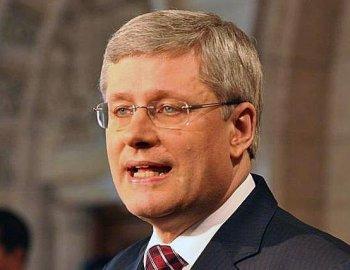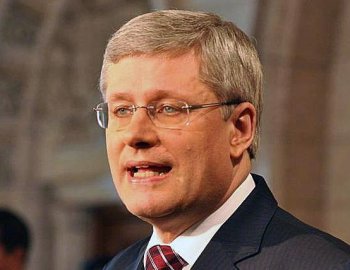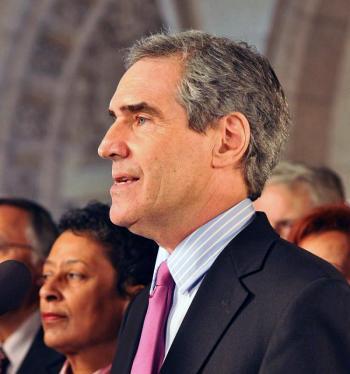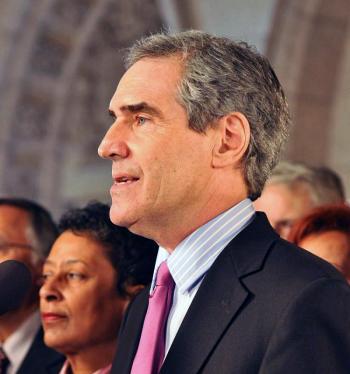Canada’s Conservative Government Defeated on Confidence Motion
Canada heads toward an election as the Conservative government fell on Friday when a confidence motion carried in the House of Commons with the support of all opposition MPs.
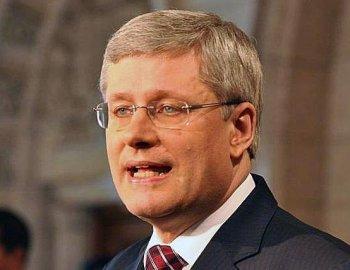
Bloc Quebecois leader Gilles Duceppe tells reporters on Friday that the Conservatives wanted an election. Matthew Little/The Epoch Times
|Updated:

